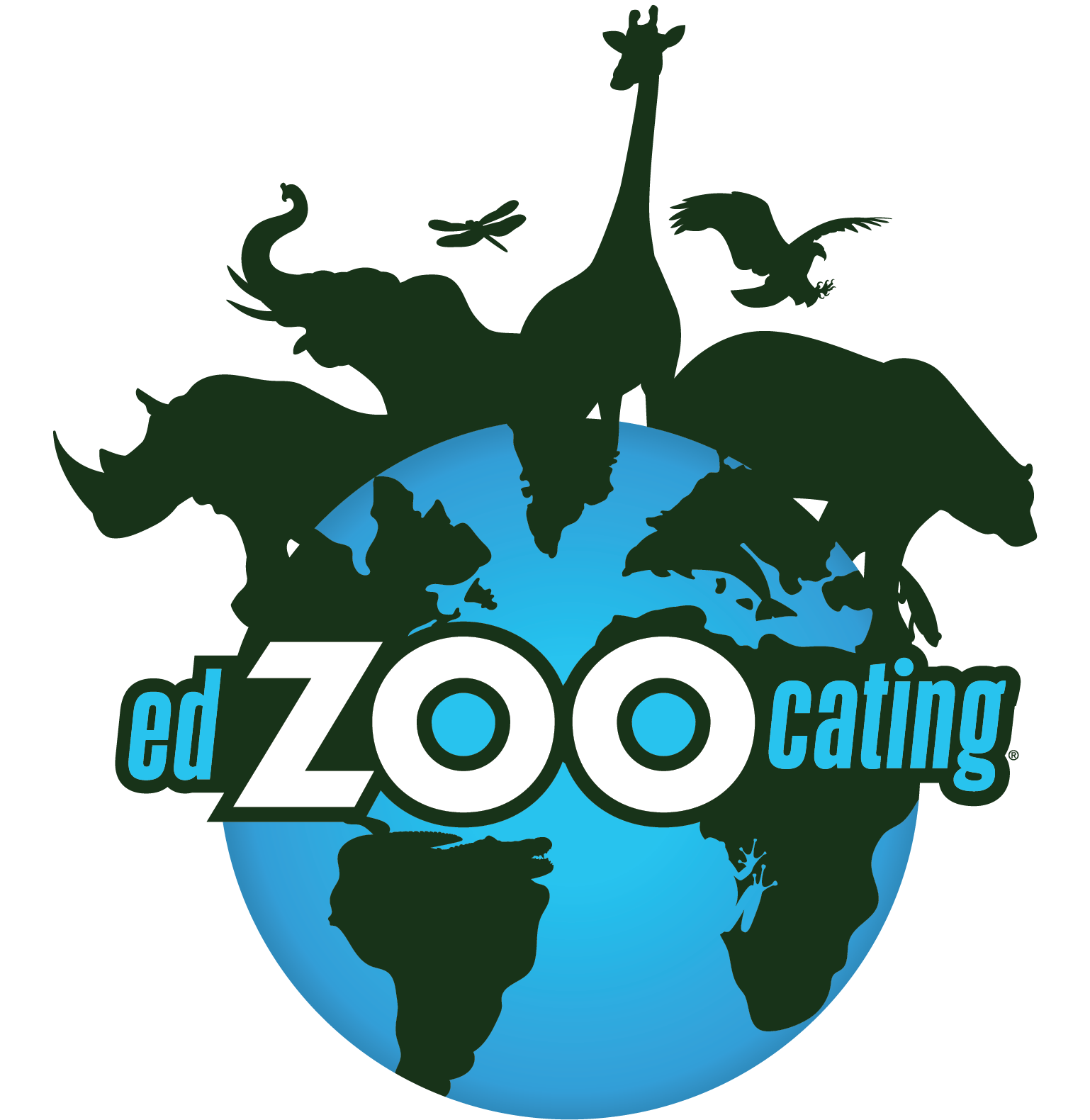Inherited Vs. Acquired Traits

What's the Difference Between an Inherited and an Acquired Trait?
Word of the Week
Instinct
An instinct is an inherited behavioral trait. It is something an animal knows how to do without being taught.
Baby sea turtles running towards the ocean after hatching is an example of an instinct.
Species Spotlight
Spotted Hyena
Crocuta crocuta
Sometimes viewed as the villain of the African savanna, spotted hyenas are actually fascinating animals with a very important job in their ecosystem! Spotted hyenas have many traits inherited from their parents. As their name suggests, spotted hyenas have brown fur covered in spots. A group of hyenas, known as a clan or a cackle, is led by dominant females and can include more than 100 hyenas. Females are larger than males by as much as 15 lbs!
A clan of hyenas includes both males and females, but all females are higher ranking (more dominant) than males. The offspring of higher-ranking females inherit a higher rank and the offspring of lower-ranking females inherit a lower rank. Males eventually leave their clan and go off to find a new one. Spotted hyenas are often thought of as scavengers and, while they do help clean up dead animals from the savanna, they are also very successful hunters and compete with lions for food. Throughout their lives, spotted hyenas may acquire injuries and adjust their hunting habits based on the location of lion prides. The inherited and acquired traits of spotted hyenas make them incredible animals!
BRAIN BLAST
Hyenas inherit their social rank from their parents! Is this common among other social animals? How do other animals designate social rank?
Conservation Corner
Acquiring Toxic Traits
Animals are born with many traits that they inherit from their parents. Things like colors and patterns, number of teeth, and body shape are all based on their parents' genetics. Animals normally choose healthy and strong mates to make sure that their offspring are healthy and strong. However, even the healthiest offspring can still acquire traits that are harmful to their health. All around the world, chemicals are released into rivers, streams, and groundwater that cause animals to acquire harmful traits.
In the mid-1900s, a chemical called DDT started being used to control pesky insects on farms. During storms, DDT traveled from farms into the natural environment and began poisoning many species, including fish and the birds that eat them, like bald eagles. While adult bald eagles seemed healthy, DDT caused the shell of their eggs to become very thin, making it challenging for chicks to survive. Without healthy chicks, the population of bald eagles began to shrink. Finally, in 1972, DDT was banned in the United States, giving bald eagles a chance to recover. Over the next several decades, bald eagle populations grew and can now be seen across most of the country. Our impact on the environment can affect an animal's health and the traits it acquires during its life.
Inherited or Acquired?
Identify if each trait below is inherited or acquired by clicking the correct box.
Glossary
Acquired Trait
A characteristic that is developed in an organism's lifetime.
Behavioral Trait
A characteristic that is something an animal does rather than something they have.
Inherited Trait
A characteristic that is passed from parent to offspring.
Instinct
An inherited behavioral trait (a behavior that is innate rather than learned).
Physical Trait
A characteristic that is visible or measurable.
Predator
An animal that hunts other animals for food.
Prey
An animal that is hunted or eaten by another animal.
Trait
A characteristic that makes an organism unique.
Sign Up for our Newsletter
Stay up to date with new adventures, live classes, deals, and more!

Helpful Resources
*Please note we do not offer refunds for EdZOOcating Adventures memberships. We recommend you explore the 3-day free trial prior to subscribing!*







